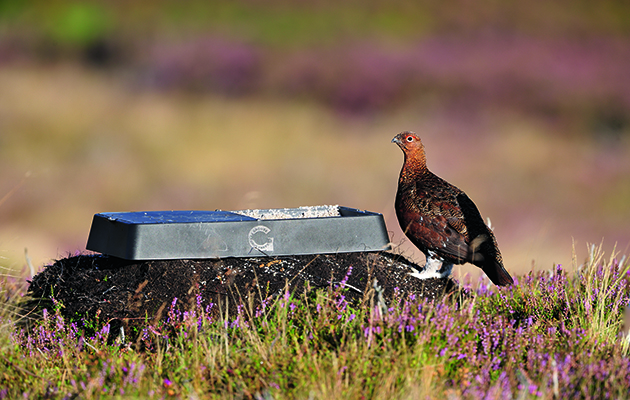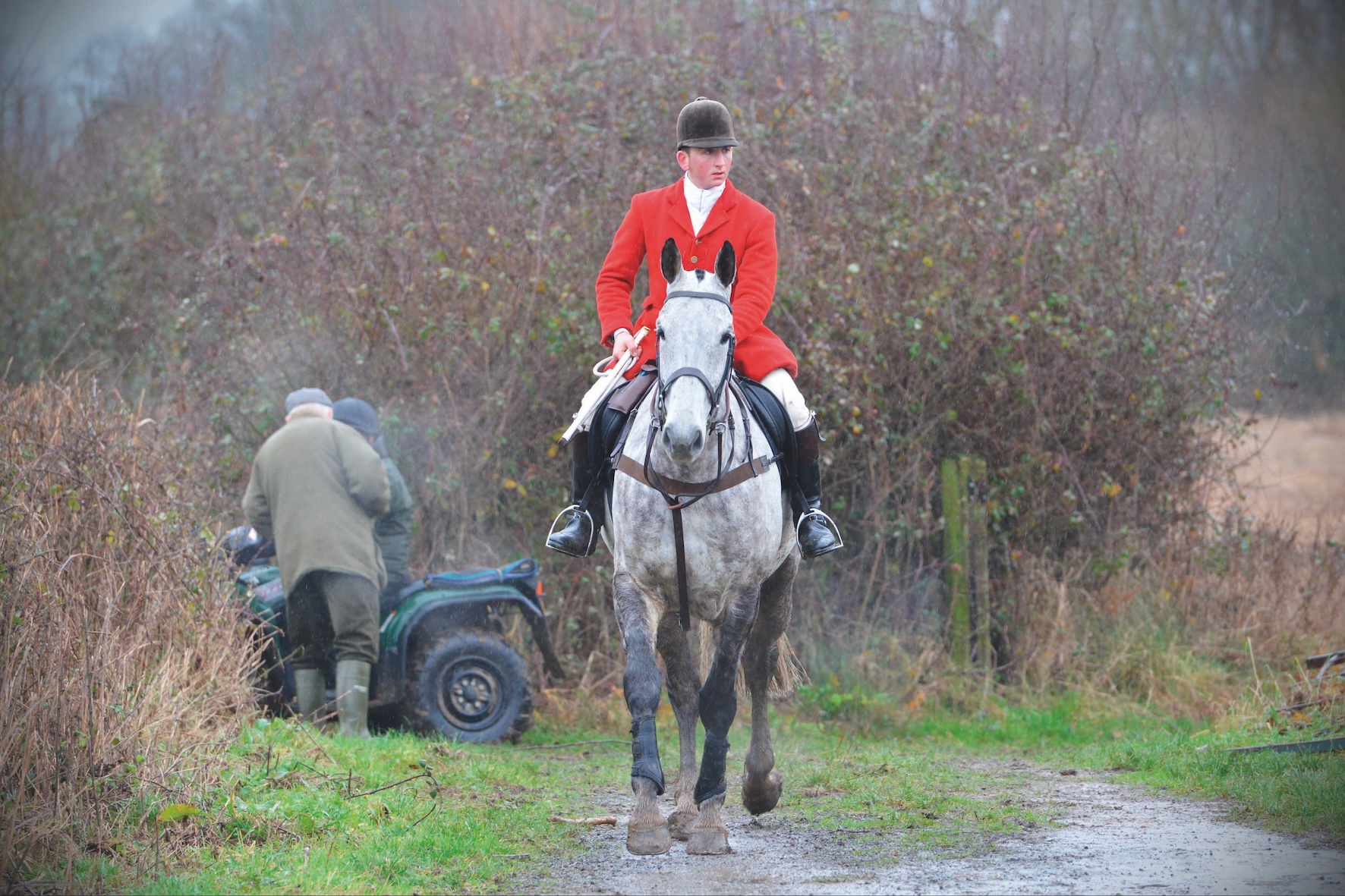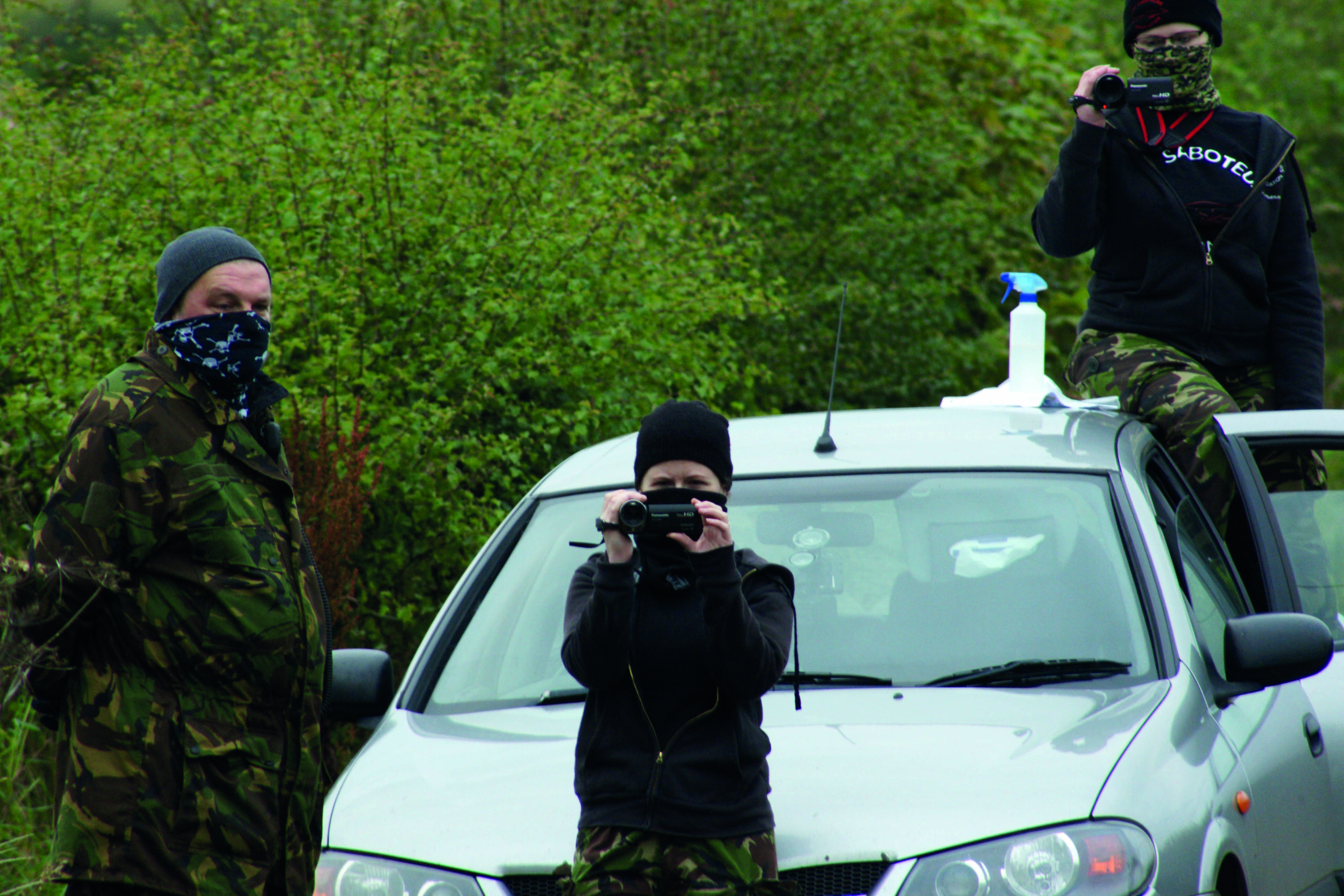RSPB officer attacks GWCT
A senior RSPB officer, Dr Pat Thompson, has been caught on camera making serious accusations about moorland managers, including the Game & Wildlife Conservation Trust

Red grouse
Rural organisations are concerned that the RSPB considers itself to be “at war” with moorland managers, following a highly critical public presentation by one of its senior officers.
Speaking to the North of England Raptor Forum in November, RSPB senior upland policy officer Dr Pat Thompson said that certain groups, particularly the Game & Wildlife Conservation Trust (GWCT) and You Forgot the Birds, were guilty of a “nasty and insidious” distortion of science around burning and other areas of grouse moor management as part of what he called a “phoney war”.
“A load of nonsense” says Dr Pat Thompson
Dr Thompson accused the moorland community of “standing up and taking credit for all sorts of things like blanket bog restoration and the increase in the golden eagle population”, which he said was “a load of nonsense”.
He further criticised these groups for “abusing the good name of the British Trust for Ornithology” and, while discussing some of the benefits of grouse moor management, suggested that managers had “knackered” some of the UK’s best areas of bog and heath, and added that the benefits are minor in contrast to the costs.
Dr Thompson could not be reached for a direct comment due to illness, but Martin Harper, the RSPB’s director for conservation, said that the society backs his statements: “The future of our uplands is an emotive subject and we stand behind our staff when they talk passionately about their work.
“The cost of the damage to our landscape, water and wildlife is too great to support the most intensive driven grouse moor management, and we firmly believe that change must come and come quickly. It is in the interest of all in the shooting community to demand higher environmental standards and this is particularly important in the uplands.”
“Bizarre” claims
GWCT communications director Andrew Gilruth responded: “With disagreement and challenge being a normal part of the scientific process it is bizarre that anyone would seek to describe a difference of opinions as a ‘war’, phoney or otherwise.
“However, this is obviously how some senior RSPB staff felt after the Petitions Committee inquiry into grouse shooting. At the oral evidence session, MPs were told by the RSPB that they see heather burning as ‘an environmental ill’ and ‘a net negative impact’. This may be their view, but the scientific literature is conflicting and there is not yet a consensus to back such a generalisation.
“We have accurately and openly reported the breadth of evidence on burning in relation to peat formation, dissolved organic carbon, water tables, scale of burning, carbon budgets and flooding. The fact we have not reached the same conclusion as the RSPB does not amount to a distortion of the evidence — or a declaration of war.”
A video of the presentation was made public by the Countryside Alliance, though it has now been taken down. Chief executive Tim Bonner said: “The tone and content of the presentation are fundamentally different to the normal public position taken by the RSPB. You will never usually hear the society writing off the thousands of miles of grips blocked on grouse moors to restore blanket bog as ‘phoney’. Nor does the RSPB usually describe the GWCT, with which it has worked extensively, as ‘nasty and insidious’ and claim that it is ‘distorting and discrediting science’.
“RSPB staff have never previously openly challenged ‘phoney’ claims about the success of waders on grouse moors, probably because the science is clear that waders breed far more successfully on grouse moors than they do on unmanaged moorland.”
RSPB criticised for twisting scientific evidence
The charity has said that heather burning on grouse moors is a “damaging practice”, basing its statements on a research paper…
Are the RSPB pro or anti-shooting?
Britain’s heather moorlands are both beautiful and rare, and they owe their existence to grouse shooting. If we are going…
RSPB calls for grouse moor licensing
The RSPB has called for grouse moor licensing after withdrawing its support for the Government’s Hen Harrier Joint Action Plan,…











